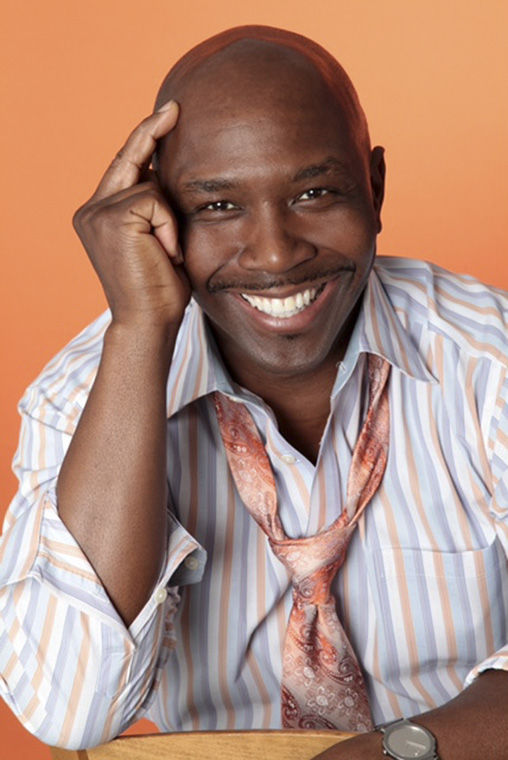Notable Native: Dwayne Bryant
Dwayne Bryant, president of Inner Vision International, said his goal for his organization is to get young people excited about pursuing their education and dreams.
April 11, 2016
Dwayne Bryant serves as president of Inner Vision International, an organization dedicated to inspiring youth to pursue their education and dreams. Bryant said his organization has worked with 15,000 students, more than 1,250 parents and an estimated 1,000 teachers. Bryant’s life motto is “Before you can change the world, you must change your vision,”he said. He is the author of a new book “The STOP: Improving Police and Community Relations” and said he hopes it will raise consciousness and help people live their best lives.
Bryant spoke with The Chronicle about the importance of education, his organization and his new book.
THE CHRONICLE: What inspired your organization Inner Vision International?
DWAYNE BRYANT: To motivate and inspire young people to get excited about their education, to get excited about their futures and to motivate them [to] maximize their education—to graduate from high school and go to college or the military and from there to become productive citizens in life.
Who inspires you?
My mother inspires me. People like Steve Harvey inspire me. My students inspire me because sometimes it seems like “Man, things are getting worse,” but then someone will come with an answer or a change in attitude [and say] “I believe I can do it,” and it’s like yes, they’re getting it. Even students that I’ve had for years—they come back and say “Thank you so much.”
What resources does your organization provide Chicagoans?
We have a new book, “The STOP: Improving Police and Community Relations.” We have the STOP workbook, where parents, teachers, students and law enforcement can engage in constructive dialogue and learn how to create mutual respect. We also have curriculum and goal setting, time management, conflict resolution, bullying [and] study skills. Either I or anyone on my team go out and implement workshops, or we can train [people] .
What issues does your new book touch on?
Everyone—police and community—[is] responsible for creating an atmosphere of respect when engaging with law enforcement. Part of it is knowing what your rights are; part of it is knowing what police’s rights are. Part of it is understanding that you have power during the stop, [and you] help determine the outcome. What I also try to do in the book is to raise people’s consciousness of creating the type of life they want by maximizing their education. I share throughout the book my journey as a student: When I started, my grades were not great. When I began to learn my history, my attitude changed; my desire for knowledge changed. I wanted to be a better person and that was through understanding my heritage. The book is about seven personal encounters I’ve had with law enforcement; some were good; some were not great. However, I’ve never been arrested [and] do not have any criminal history, so I’m sharing with people options of being a better person.
Why is it important to encourage kids to learn and pursue their passions?
I think the majority of students do not have parents who graduated from college, so when you don’t have those conversations in your home, you’re not getting those conversations. Someone [like myself], who did go to college on full scholarship, can speak powerfully to the young people to get them inspired; there’s a direct correlation between your education and your income, so if you want to make a good life for yourself, education is a part of it.








